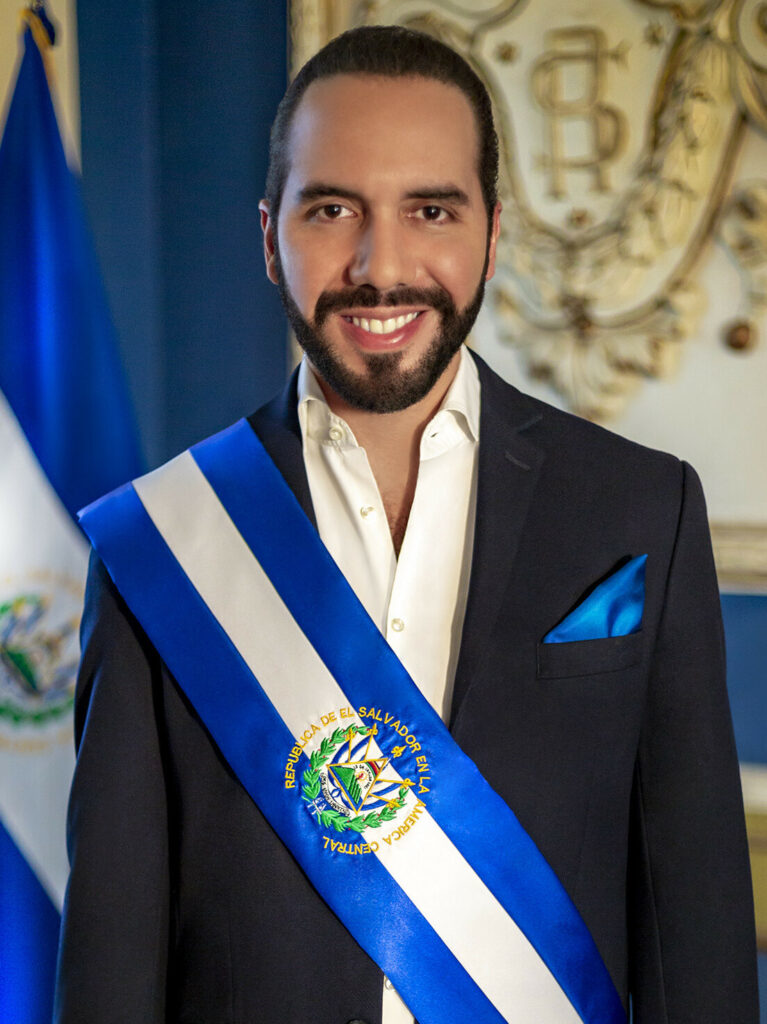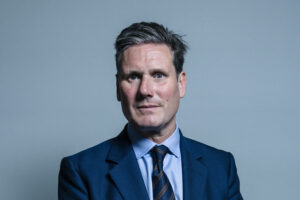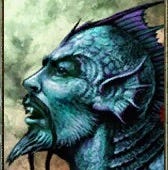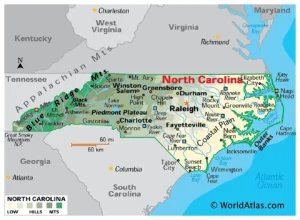On February 4th, 2024, incumbent President of El Salvador, Nayib Bukele, won reelection in a landslide victory, with 85% of the vote. Bukele, a Salvadorian of Palestinian heritage, first took office in June 2019. He was considered the insurgent candidate, and became the youngest president in Latin America.
Just a few days ago, he became the first Salvadorian president to claim a second term in over eighty years. Like all leaders, he was presented with a test: the will to enact your promises into reality. As an outsider who has followed this man’s presidency since he was elected, I have to say that he passed the test.
Crackdown on crime
President Bukele is perhaps known best for his famous crackdown on criminal gangs within El Salvador. According to the United Nations Office on Drugs and Crime, intentional homicide rates have decreased from 38 per 100,000 people in 2019 to 7.8 per 100,000 people in 2022.
During his war on the gangs, he has imprisoned over 70,000 people, and as a result El Salvador has gone from being one of the most dangerous countries in the world in terms of homicide to one of the most safest.
Gang tattoos, once badges of honor in the criminal underworld, now serve as foolish spotlights sealing the fate of those who wear them, as if to say “I am a criminal, arrest me!” Well, arrest them Bukele did. As of now, over 1% of El Salvador’s population is in prison, making it the country with the highest rate of incarceration in the world.
Crime policies that work?
So it turns out, if you want crime to go down, actually arresting people is a good start. President Bukele has disproven every soft on crime advocate’s worldview.
In America, there are loads of them in positions of power. They tell us all the time that tough on crime policies don’t work. That we need to allow criminals to roam the streets because there is some sociological explanation as to why they commit crime. That if only we could solve the underlying issues of why people turn to criminality, crime will decrease.
Now look, I don’t necessarily disagree that we ought to find these underlying issues and rectify them, but while we don’t have those solutions we really ought to just lock them up, not let them roam free and become repeat offenders. You hear stories all the time about how some guy gets arrested for a crime and it turns out that he has almost a dozen other prior offenses under his belt. They guy commits a murder, and then you have people asking the same question: why was he out on the street?
What Bukele has shown us is that tough on crime policies work as long as they are not half measures, which unfortunately are what most politicians in the US offer us. If you do not go all the way, you will fail. He went all the way, he locked up everyone, he increased the powers of the police and the armed forces and got the job done.
Most of his detractors aren’t angry that crime went down, they are angry about how he managed to do it. This is silly, if it worked, why does it matter how it got done? They decry him as a dictator because he went against the constitution and won a second term in office.
I ask them, what would they rather have, a dictatorship of Bukele where they are at a lower risk of getting murdered or an anarcho-tyranny of the gangs and cartels who pimp the country out for a profit?
Americans should take notes
Since El Salvador of all places can show up the United States in crime control, our politicians should be studying their methods to apply them here. Ideally this would take place at the federal level, as many gangs in the US cross state and national lines.
However, since our federal government has been absent on almost every issue save sending money to foreign nations, those at the state and local level should pick up the slack. We need to start getting Bukele type leaders elected at the city, county, and statewide level. All we need is one city or state to virtually eliminate crime in the area and the dominoes will fall everywhere else.
How surrounding countries are reacting
President Bukele, thankfully, is not entirely alone in Latin America when it comes to his gang policy. The government in neighboring Honduras under leftist president Xiomara Castro declared a “war against extortion” in late 2022. This was meant to emulate Bukele’s model but it hasn’t been as successful.
Regardless, this shows that there is a consensus growing in Latin America on both sides of the political spectrum when it comes to combatting gang violence. If we are lucky, there may come a time when Latin America solves their own problem without us. This will not happen immediately, but with Bukele’s influence in El Salvador solidified, we will most likely see more Bukele-type politicians arise in the region.
Conclusion
President Bukele, with his historic reelection, is now back in office for the next five years. During that time, he needs to develop contingency plans for whenever he leaves office in order to keep El Salvador safe. I have no doubt that there are politicians on gang payrolls who would gladly tear down the new social safety net that Bukele has developed.
El Salvador has become a shining light of hope in a region darkened by crime. Either the light shines brighter or the darkness overtakes it. Bukele’s policies in El Salvador are a brilliant model for protecting innocent people everywhere. The blueprint is here, now we need the will.








